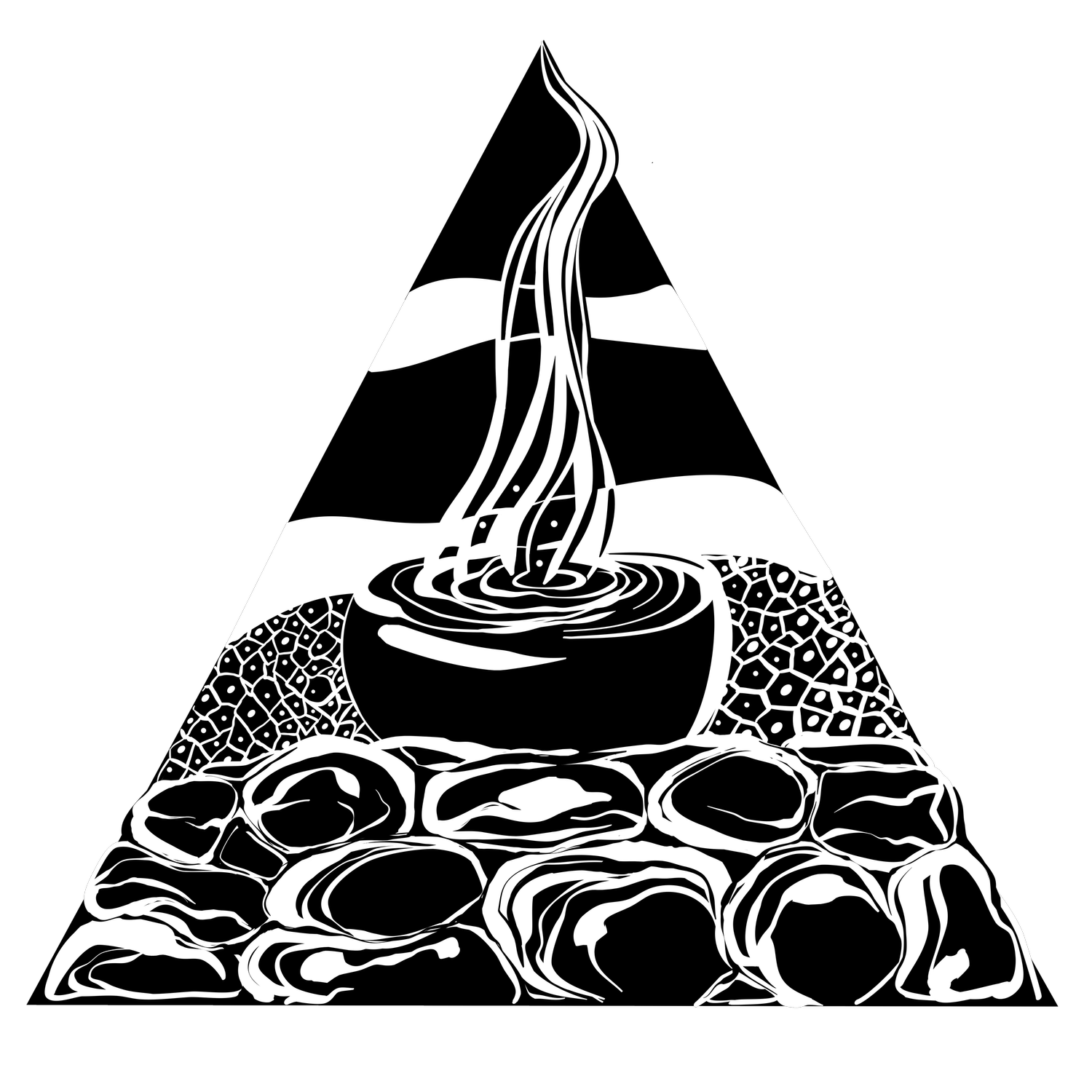August 3, 2020
“I still carry that spirit of healing and
resilience and apply it to the ʻāina.”
Casey Chikuma rests on a chair under a makeshift shed gazing out at Hoʻoulu ʻĀina’s garden. His lean, pāpaʻa body reflects the health of a fit young ʻĀina Warrior. As I ask him a question, he closes his eyes murmuring words inaudible for me to hear. Words that in his Shinto religion have spiritual power and if chosen carefully will bring good to the world.
He pauses opening his eyes. Then articulates his thoughts. “One of the most important things that happened to me in my life,” he says. “Is when my mom forced me to volunteer at the Rehabilitation Hospital of the Pacific. I was only 15-years-old then.”
He describes his experience as transformative. Seeing stroke victims and heart patients enter the hospital unable to move to walking with an imbalanced gait to breaking out into a semi sprint.
“I still carry that spirit of healing and resilience and apply it to the ʻāina.”
Casey grew up in a Shinto temple in Makiki. Before World War II, hundreds from the Japanese community would come together to eat, play music, socialize, and worship. The temple became a safe, comfortable space – a kīpuka – for people to congregate.
His great-great grandfather and grandmother were High Priest and Priestess here in Honolulu. Prayer and ritual was part of everyday life for Casey. He recalls his grandmother waking every morning before sunrise to place incense at the altar and chant prayers to his family’s ancestors. She would repeat the same ritual in the evening. Her soft clap, the smell of incense, and the first scoop of rice presented to those who have passed on are indelibly etched in Casey’s mind.
Casey has had many “checkpoints” in his 28-year-old life that he believes has shaped him. The experience at the rehab hospital, the influence of his religion, and the healing of his father set a path for his own connection to land.
“I think that an ʻĀina Warrior is an everlasting journey. And I know we're here to fine tune that relationship because it’s an infinite journey,” he says staring off into the field of lāʻī. “An ʻāina warrior begins with that consciousness of forever being a student of the land and of the universe, but doing the best we can with what we have now.


